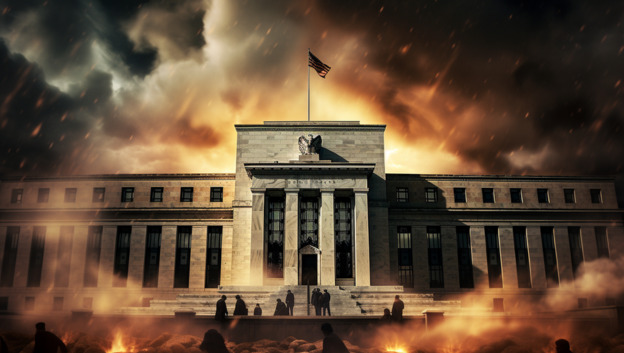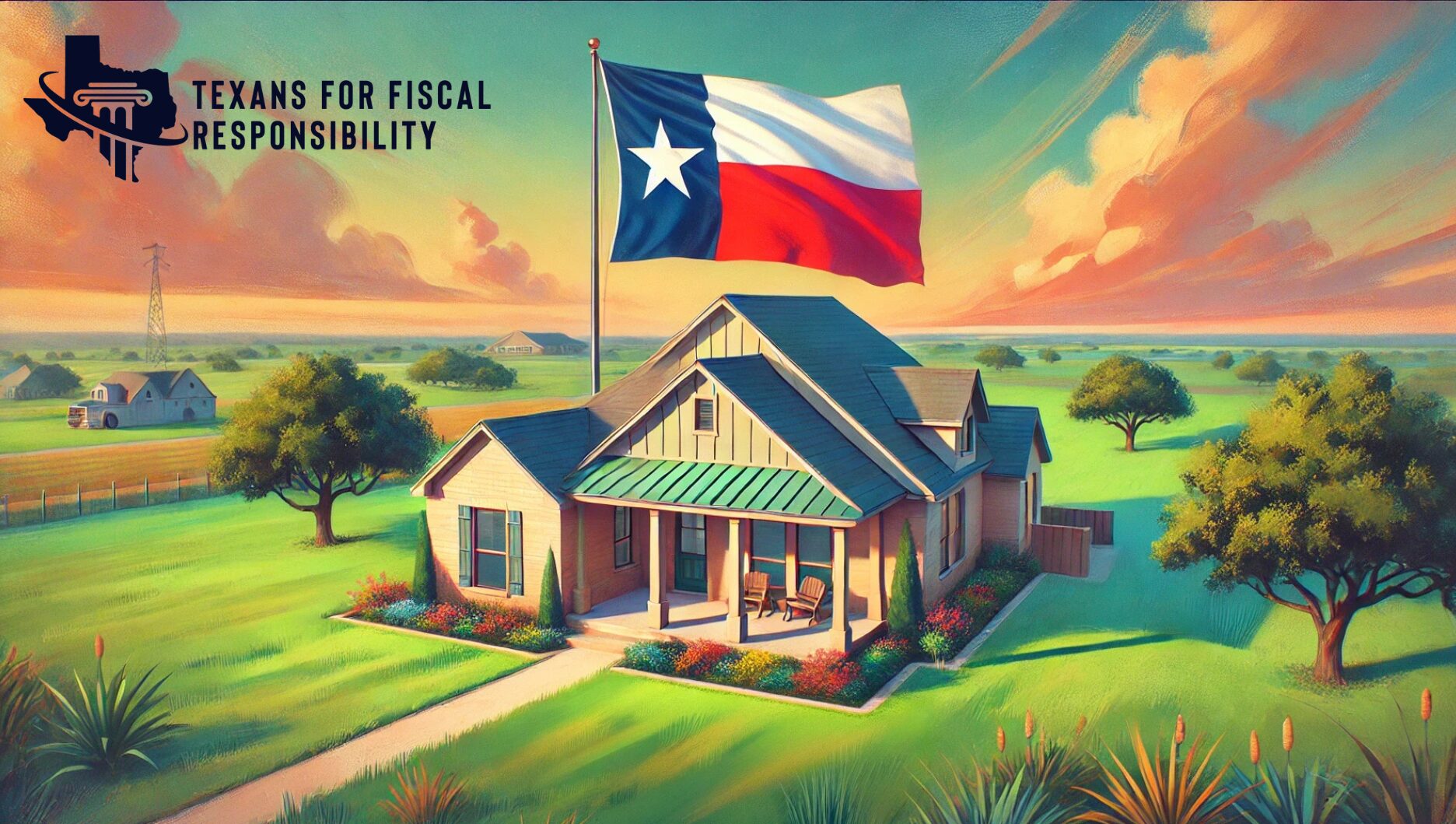
Rate Hike Speculation and Recession Concerns for 2024
On Tuesday and Wednesday of this week, the Federal Reserve’s Federal Open Market Committee (FOMC) will meet to discuss the state of the US economy, the ongoing threat of inflation, and possible interest rate hikes.
Meeting for the first time since July, the Federal Reserve is expected to consider raising interest rates, which it has done eleven times in a year and a half, with consistent rate increases since rates (specifically the Federal Funds Interest Rates) were at a historic low point of nearly 0% in March of last year.
The Federal Reserve has been in the process of attempting to artificially control the amount of money that is available and in circulation, thereby lowering the rate of inflation.
The rate of inflation has come down from its record high of more than 9% in 2022 to an average of nearly 5% this year.
The Federal Reserve is still leaving the door open for one more interest rate hike before the end of the year, with its Chairman Jerome Powell commenting that the Federal Reserve was “prepared to raise rates further if appropriate,” while at a meeting in Wyoming last month.
However, a recently published analysis shows that many economists do not expect the Fed to raise rates in September, instead keeping the rates in the 5.25%-5.50% range, with some economists believing the Federal Reserve has helped to avoid an economic recession.
All that being said, not all signs are pointing towards a successful “soft landing” of the economy in the coming months.
The “yield curve,” a graphical representation of the interest rates on U.S. government bonds with different maturities, has been “inverted” for months, which has sometimes been an indicator of future recessions.
Add on top of that several other ongoing or newly arisen problems are concerning: consumer spending is slowing as inflation and less post-Covid savings take their toll on economic activity, nationwide bank failures, credit downgrades, record Federal government debt (now more than $33 trillion), record private credit card debt, businesses shutting their doors and major unions, like the United Auto Workers union, going on strike.
Of course, many of these problems are self-inflicted, and only a return to sound fiscal policies such as a balanced federal budget, an end to easy money, fewer regulations, and lower taxes across the board will help pull us out of this fiscal mess.
The Federal Reserve should conclude its meeting and make a decision regarding interest rates by the end of the day on Wednesday of this week.
Texans for Fiscal Responsibility relies on the support of private donors across the Lone Star State in order to promote fiscal responsibility and pro-taxpayer government in Texas. Please consider supporting our efforts! Thank you!
Get The Fiscal Note, our free weekly roll-up on all the current events that could impact your wallet. Subscribe today!




